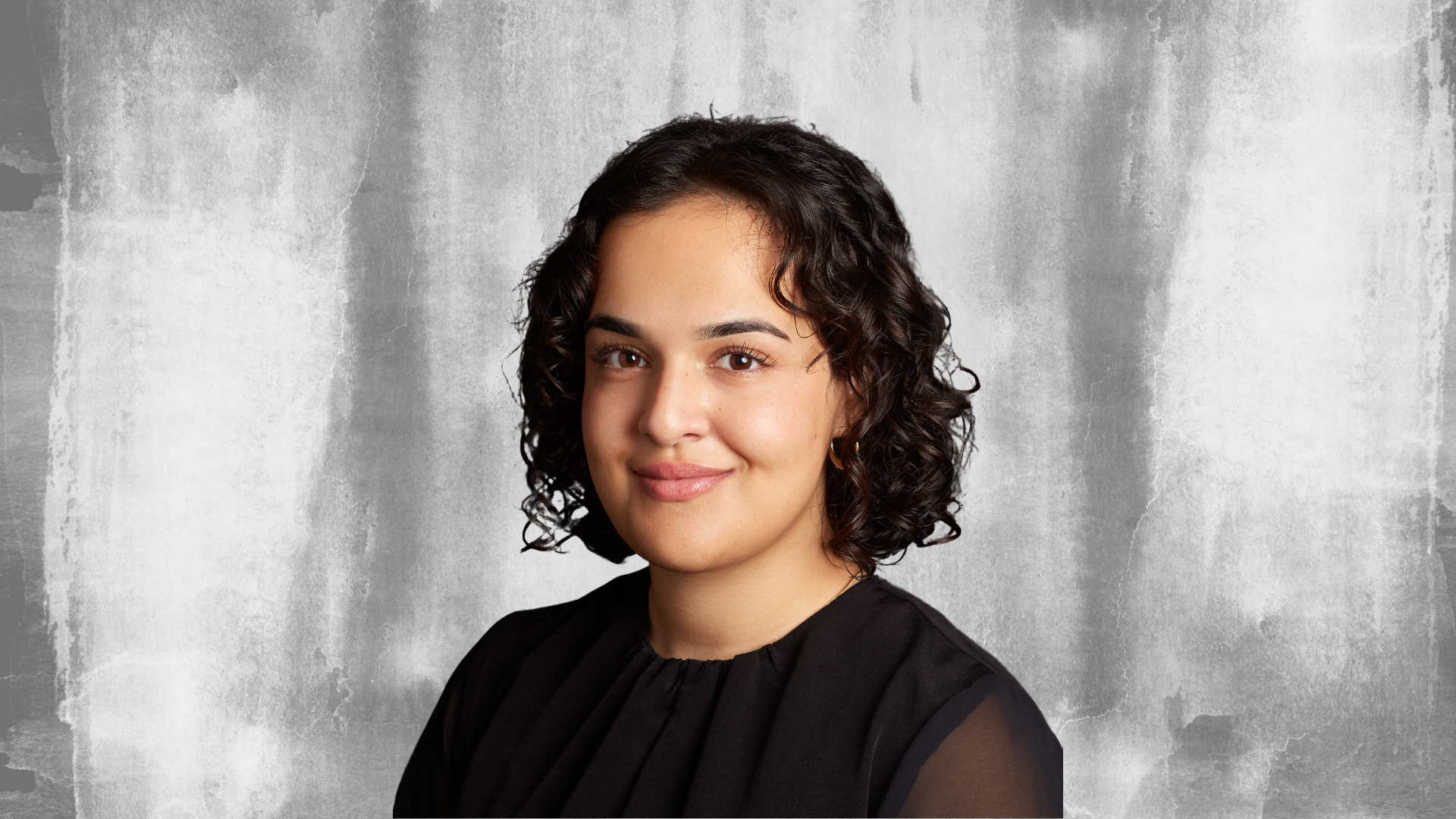
Women shouldn’t have to use social media as a lifeline for uni campus sexual assaults
Micha Frazer-Carroll
03 Apr 2019
Image via Wikimedia commons
In a wave of tweets that feel intrinsically linked to #MeToo testimony, last night numerous, detailed allegations of sexual harassment and assault on UK campuses circulated on social media. Regardless of your stance on social media takedowns of alleged abusers and assaulters – we should acknowledge that the course of action is linked to the fact that universities are not doing enough to protect survivors. Women will continue to take to social media for as long as universities fail to act.
From my experience as a students’ union officer who regularly worked with survivors of sexual assault, public callouts are often a last resort for those who feel disempowered. For anyone who finds themselves concerned about the way that women are speaking out – I’d urge you to redirect this concern towards lobbying universities to protect their students better. I have concerns too: that in using Twitter, survivors won’t be able to control the conversation, that they may find themselves triggered by some aggressive replies that will come through, and that the legitimacy of their claims will be called into question – this is usually what happens when survivors speak out. But they’re likely aware of the risks too, and the fact that women speak out nonetheless undoubtedly says something about how confident they feel in universities’ ability to carry out justice and protect other women.
“Look into your university’s disciplinary procedure, listen to the ways in which friends have been failed, and find out what support is available to them”
There are a number of systematic changes that can make women feel more heard; when I was an officer at Cambridge, the pioneering Breaking the Silence campaign headed up by the Women’s Campaign alongside the Office of Student Conduct, Complaints and Appeals, exemplified a number of possibilities. An anonymous reporting system was introduced, which allowed students to log details of sexual harassment and assault – and while this anonymised data couldn’t able to be used to instigate disciplinary procedures against the accused, it was an important first step in the university taking the issue seriously and collecting data. Its counselling service also introduced the country’s first ever Sexual Harassment and Assault Advisor, who offered practical and emotional support to survivors, spanning everything from navigating lectures where their assaulter might be present, to instigating a formal complaint. And more broadly, the fact that the university led a campaign on the issue at all showed a level of accountability.
If you’re left wondering how to take action – there are things that we can do too. Firstly, support survivors where they need it. When conversations turn towards harassment and assault on campus, they may be vulnerable. If you want to make systemic change, use your leveraging power to @ universities, join feminist organising groups and take part in student movements to push them to do better for survivors. Look into your university’s disciplinary procedure, listen to the ways in which friends and coursemates say they have been failed, and find out what support is available to them and if it could be improved. Survivors may be tired, triggered or burnt out, and while you might be unsure of whether it’s your place to campaign or organise on the issue, they absolutely need your solidarity.
Finally, if you’re a survivor yourself, don’t feel guilty about logging off for a bit, or treading lightly on Twitter. As always, remember it’s okay to ask for help, and look after yourselves.
Support regarding sexual harassment and assault:









